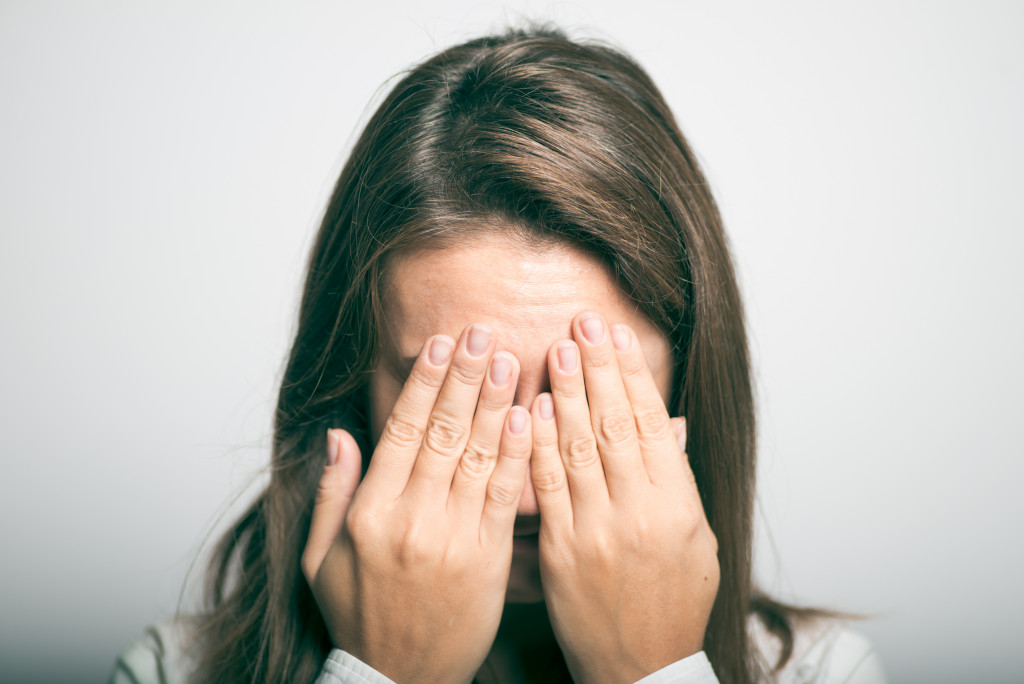Millions of people suffer from dehydration and don’t even realize it. In fact, studies show that almost 75% of Americans are chronically dehydrated. Dehydration can cause many health problems, some of which people may not even connect with the condition. This article will explore some of the most common underlying health conditions associated with dehydration.
Constipation
Constipation is a common digestive problem characterized by infrequent bowel movements and difficulty passing stool. Dehydration is a common symptom of constipation since the body reabsorbs water from the intestine during periods of prolonged immobility. This can lead to hard, dry stools that are difficult to pass.
If you are constipated, it is essential to drink plenty of fluids and eat foods high in fiber. Exercise can also help to relieve constipation by stimulating bowel movements. If these measures do not improve your symptoms, you may need to take a laxative or stool softener.
Bulimia Nervosa
Bulimia nervosa is an eating disorder characterized by episodes of bingeing and purging. People with bulimia often feel out of control during a binge. Eating large amounts of food in a short period can lead to physical discomfort and feeling bloated and tired. Purging is a way to try to get rid of the extra calories consumed during a binge. Purging can include self-induced vomiting, laxatives or diuretics, compulsive exercise, or fasting.
Dehydration is a common symptom of bulimia nervosa, as purging can lead to losing fluids and electrolytes. Suppose you are concerned that you or someone you know may suffer from bulimia nervosa. In that case, it is vital to seek professional help. Bulimia is a severe condition that can affect one’s physical and mental health.
You can also join a treatment program for bulimia nervosa. If you search the internet, many bulimia treatments and recovery programs exist. However, you need to select the one that offers tailored treatment. The program should also include professional care and inpatient and outpatient care.
Migraines
Dehydration is a common symptom of migraines and can actually trigger a migraine attack. When dehydrated, your body doesn’t have enough fluids to function correctly. This can lead to headaches, dizziness, and fatigue. Migraine sufferers are especially susceptible to dehydration because their medications treat their condition.
Many migraine medications, such as pain relievers and anti-nausea drugs, can cause dehydration. In addition, migraines can cause nausea and vomiting, leading to dehydration. If you’re experiencing any of these symptoms, it’s essential to drink plenty of fluids and seek medical attention if necessary.

Muscle Cramps
When your body doesn’t have enough fluids, it can lead to muscle cramping. The lack of fluids causes the muscles to contract and seize up. This can be extremely painful and make it difficult to move.
If you are experiencing muscle cramps, it is important to drink plenty of fluids and rest until the cramps subside. If the cramps are severe or last for more than a few minutes, seek medical attention.
Kidney Problems
When your kidneys are not functioning correctly, they can build toxins in your blood. This can make you feel exhausted and weak. Your skin may become dry and cracked, and you may always feel thirsty. If you don’t drink enough fluids, you will become dehydrated.
Dehydration can make your symptoms worse and may even lead to kidney failure. Therefore, it is crucial to drink plenty of fluids if you have kidney problems. Water is the best choice, but you can drink fruit juice, soup, or tea. Avoid caffeinated beverages, alcohol, and sugary drinks, which can contribute to dehydration. If you have trouble drinking enough fluids, talk to your doctor about other ways to stay hydrated.
How to Stay Hydrated During the Summer Months
As the temperatures rise, it’s essential to make sure you are staying hydrated. Dehydration can lead to several problems, including headache, dizziness, and heat exhaustion. But with a few simple tips, you can ensure you stay hydrated all summer.
One of the most important things to do is to drink plenty of water throughout the day. If you are going to be outside in the heat, pack a water bottle with you. And if you are exercising or sweating a lot, drink even more water than usual.
You can also help yourself stay hydrated by eating foods that contain a lot of water, such as fruits and vegetables. And last but not least, avoid beverages that can contribute to dehydration, such as alcohol and coffee. By following these simple tips, you can make sure you stay hydrated all summer long.
Dehydration is a severe condition that can cause many health problems. Suppose you are experiencing any of the above symptoms. In that case, it is essential to see a doctor make sure you are adequately hydrated. Dehydration can be easily treated by drinking plenty of fluids and replenishing the body’s electrolytes.